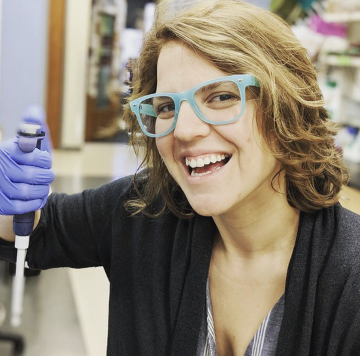
Posted on May 4, 2020
Ellis Torrance, a Ph.D. student in the Department of Biology Environmental Health Sciences doctoral program, was awarded a Department of Energy Computational Science Graduate Fellowship providing four years of a yearly stipend, full coverage of tuition and fees, annual travel allowance, and supplemental income to attend really cool supercomputing conferences such as SC20.
Ellis says “The most exciting aspect of the fellowship is that it provides a 12-week practicum at a DOE institute of my choice where I will work alongside DOE scientists to learn how to best utilize their world-renowned high performance computing (HPC) resources to study bacterial evolution. I am extremely grateful for the opportunities this fellowship provides to focus on research, learn from some of the country’s top scientists, and show the nation’s HPC community what a UNCG Spartan can achieve!”
Ellis studies bacterial evolution using computational approaches. Tackling the problem of comparing all bacterial genes requires a lot of computational power because there are close to a trillion bacterial species on earth with 99.99% yet to be discovered! One aim of her PhD project under the guidance of Dr. Louis-Marie Bobay is to develop new bioinformatics methods and metrics to characterize gene transfers across large datasets of bacterial genomes to better define gene flux, or recombination, between and within species and to understand how this drives bacterial adaptation.